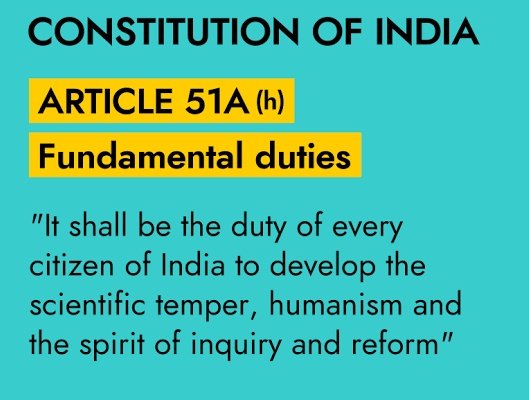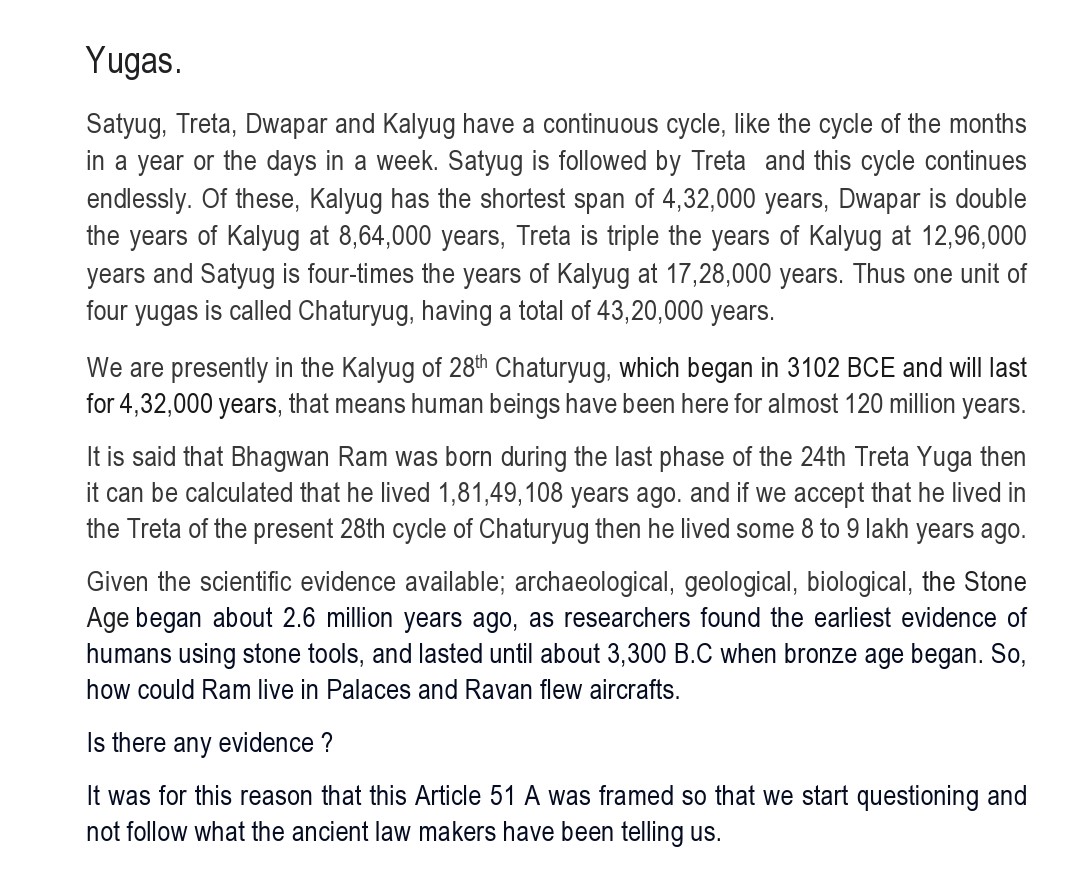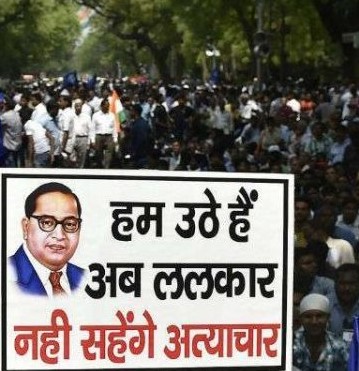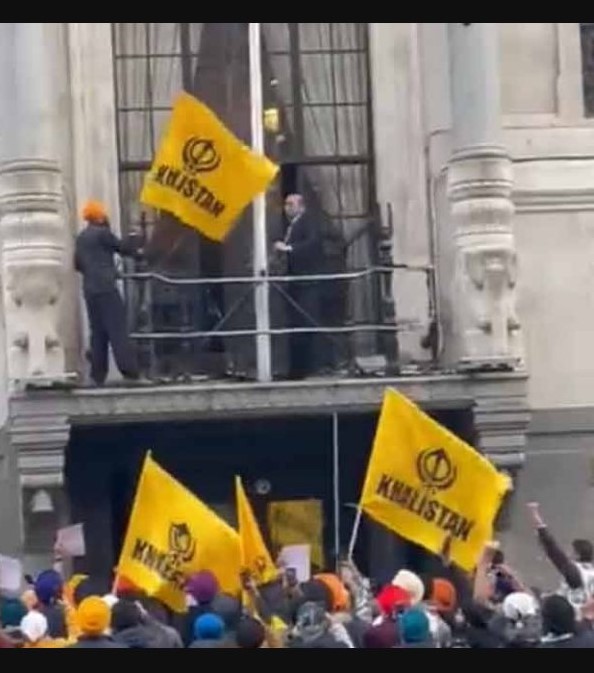
Following the signing of the Simla Agreement in the wake of a humbling defeat in 1971, Bhutto conveyed to Chief of Army Staff, Gen. Tikka Khan, the inevitability of future conflicts despite fleeting periods of peace. Bhutto's words reflected a deep-seated national confidence, and superiority he said ;
" Neither a few years of arranged peace nor the present situation can possibly permit us to ignore the reality that there must inevitably sooner or later come another war. Xxxxxx. In the remotest of our villages the humblest of our people possesses a self-confidence a ready willingness to march forward into India, a spirit the equivalent of which cannot be found on the other side. xxxxx. All this is not ancient history, it is current history and the Indian masses are just now still struggling against the legacy of superstitions, religious intolerance , caste system, regional animosities, poverty backwardness, ignorance, deceit and the unconquerable habit of submission and servility”.
J.N. Dixit, former Foreign Secretary and Security Advisor of India, echoed similar sentiments in his book "Anatomy of Flawed Inheritance." He highlighted the repeated debunking of the myth of Islamic superiority by Indian military prowess in various conflicts, spanning from 1947 to Kargil.
India's history is marked by five significant conflicts, four with Pakistan and one with China. In each confrontation with Pakistan, India emerged victorious, delivering decisive blows even in the battles where Pakistan army enjoyed considerable advantage ; tactical, equipment and numerical. For instance ; Battle of Assal Uttar, OP Hill, Dograi, HajiPir, Laungewala, etc. Similarly, against China, Indian forces displayed remarkable resilience despite all the challenges and on many occasions fought till the last man last round.
Delving further into history, India's military prowess is evident.
Throughout history, Indian warriors have valiantly defended their land.
Porus gave a tough fight to Alexander who had a comparatively easy run all through ; Egypt and Persia . Alexander’s army in 316 BC, when came against Porus, suffered good amount of casualties and so decided to return. Nehruji in his book “ Discovery of India” while explaining as to why Alexander returned wrote ; “Alexander and his soldiers after having faced a stiff resistance at the hands of the frontier king, felt that if they go further deeper into India the challenge is going to get tougher , when they face kings having bigger kingdoms and so they decided to return”.
Field Marshal Zhukov a famous Russian General of WW II had even remarked ;
“ Alexander did not win against Porus, it is like claiming that just because Napolean had reached Moscow , he had defeated Russians. Yes, Alexander reached the banks of Indus but thereafter was forcibly driven back by Porus, like Russians pushed Napoleon”.
Thereafter Chandrgupt Maurya defeated the Greek army led by Seleucius Nicator in 305 BC.
It is perhaps this reason why Greeks had a high opinion about the Indians. Mountstuart Elphinstone a renowned historian writes in his Book, The History of India “
The Greeks, , have described Indians as tall and active. Their bravery was always spoken of as characteristic; their superiority in war to other Asiatics is repeatedly asserted and appears in more ways than one. They are said to be sober, moderate, peaceable, good soldiers, good farmers, remarkable for simplicity and integrity; so reasonable as never to have recourse to a law suit; and so honest as neither to require locks to their doors nor writings to bind their agreements. Above all no Indian was ever known to tell an untruth”.
How soldierly our ancestors were.
Thereafter, Prithviraj Chauhan defeated Ghori in Battle of Tarain in 1191, Hemu had defeated Mughal army and had captured Agra and Delhi before losing to Akbar after a well fought battle, Rana Sangha and Rana Pratap gave tough fight to invaders and Pratap even regained most of his lost territory defeating Akbar’s forces, thereafter Shivaji, Bajirao Peshwa , and his generals defeated many muslim kings, the Sikhs under Guru Gobind Singh gave a horrifying time to Aurangzeb’s army and Maharaja Ranjit Singh established a Sikh empire right till Afghanistan and had his capital in Lahore, after defeating many muslim kings.
Even the British did not get their empire easily and could not rule in peace as being thought of ; Tipu Sultan, Hyder Ali’s army , Yeshwantrao Holkar I , and many others gave British a run for the money. In battle of Bharatpur the British had suffered almost 3000 casualties and at one point had no money to fight Yeshwantrao Holkar I. In 1857 rebellion, it took the British almost a year to bring back normalcy. Thereafter, when we realised that its pointless fighting a super power on its strength, we devised a unique way of Not cooperating and disobeying their diktats, rendering the rulers ineffective, but we did not succumb, as is being depicted, by some.
Contrary to narratives of perpetual victimization, India's resilience shines through. The Roman empire was also destroyed by invaders from North, England was ruled for almost 300 years by Romans, the French were also ruled by Romans, the Chinese were humiliated by the British, the Koreans also were tormented by invading Japanese, the Jews had to leave their land, the Egyptian and Persian civilisation got vanished, leaving just the tombs and statues of their gods and kings, but on the other hand we are still there and thriving.
Conclusion
So, it is intriguing as to how a sense of inferiority persists, Instead of being proud of ourselves, we are being repeatedly told; look you have been subjugated and been suppressed always.
Who are those people who are spreading lies that we have been victimised, rendered helpless and we do not have the ability to fight.
When one probes deeper one finds that those who are spreading these lies are the same kind of people because of whom we lost wars in medieval times and lost our political freedom; They are the same people who drove the society to orthodoxy, conservatism, obscurantism and made us inflexible, unprogressive and stagnated.
Add a comment







